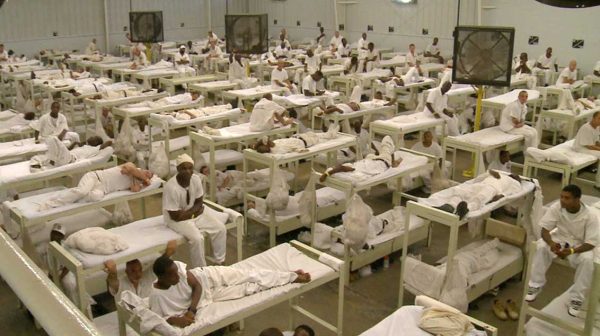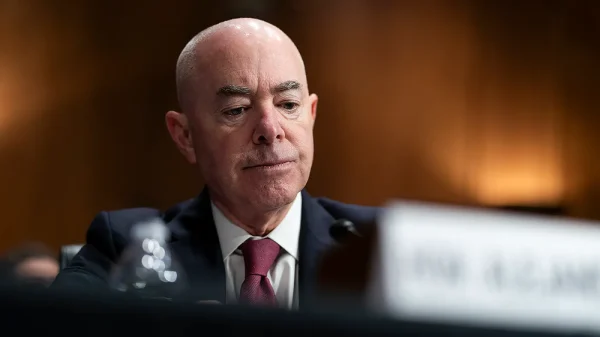The United States restricts access to birth control
Courtesy of Rattankun Thongbun
Women in the United States are not able to access the birth control they need.
Birth control pills, commonly referred to as simply “the Pill”, is different from other medications because they act as contraceptives, but they still offer many health benefits to women. A doctor will prescribe the Pill for a variety of purposes, but it has become difficult for some women in the United States to obtain it for financial reasons. Many advocates believe the Pill should be easier to get for anyone who needs it, while others believe it should be used only in very specific circumstances, or not at all.
There are two types of birth control pills; the combination pill contains estrogen and progestin, while the progestin pill only contains the latter. Both types of pills are used mainly as contraceptives and are both 91% effective with typical use. They can reduce menstrual cramps, lighten periods and make them easier to predict. The Pill also lowers the risk of a dangerous ectopic pregnancy, where a fetus develops outside the uterus. The more commonly used Combination Pill can also lessen acne, bone thinning, cysts in the breasts and ovaries, and premenstrual syndrome symptoms. It can help to prevent iron deficiencies and endometrial and ovarian cancers. Those diagnosed with polycystic ovarian syndrome oftentimes go on the pill to help and protect their bodies. For many women in America, birth control is not only a contraceptive, but a necessary medication to prevent serious ailments and symptoms.
The Affordable Care Act of 2010 requires health insurance coverage for female-controlled contraceptives, including the Pill. However, there is a refusal clause in place stating that churches, religious schools, and some charities and universities are allowed to refuse to provide the pill. Only 29 states and the District of Columbia require insurers that cover prescription drugs to cover contraceptives that have been approved by the FDA. 20 states allow certain employers or insurers to refuse to comply with the mandate.
In the state of New Jersey, all prescription and over-the-counter methods of birth control must be covered by insurance, excluding condoms. Extended supplies, as well as male and female sterilization, are covered. Cost-sharing is also prohibited so the user does not end up paying a large sum of money along with insurance companies. However, restrictions and delays in getting the drug to a person are not prohibited.
56% of voters support birth control insurance coverage. Advocates believe that denying women access to the Pill will end up doing more harm than good. A study from Washington University School of Medicine shows that providing free birth control to women reduced abortions by 62-78%, and in a Guttmacher study, 63% of women said birth control allowed them to take better care of their families. But over ⅓ of women say they have struggled to afford birth control.
The expansion of refusal policies has caused millions of people to lose access to this care, including 800,000 workers in Catholic hospitals and over 2 million students and staff at religious universities. Many people also see failing to provide birth control coverage as sex discrimination. If insurers cover other prescription drugs but not birth control pills, they are singling out women and others who can give birth, which violates the Civil Rights Act.
Those who oppose birth control being treated like any other medication believe that if birth control is free or greatly reduced in cost for the user, the insurers will end up paying a lot more. The Pill can be obtained for greatly reduced prices at places like the Children’s Aid Society, so many people think coverage is unnecessary. If restrictive clauses are not expanded, family-owned businesses and other religious organizations may be forced to violate their morals.
In 2020, the Trump administration passed two new rules giving companies and insurers the option of giving no notice to the government if they weren’t providing coverage. The new policy immediately deprives between 70,500 and 126,400 women of access to low-cost contraceptives, whether they are using them for contraceptive purposes or not.











